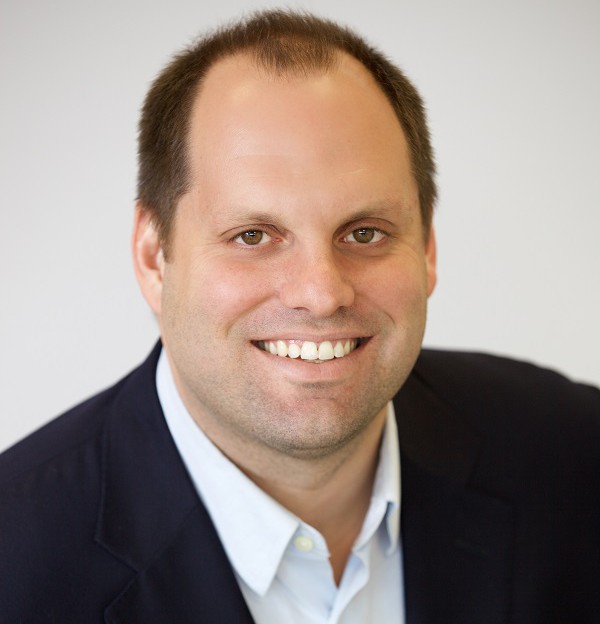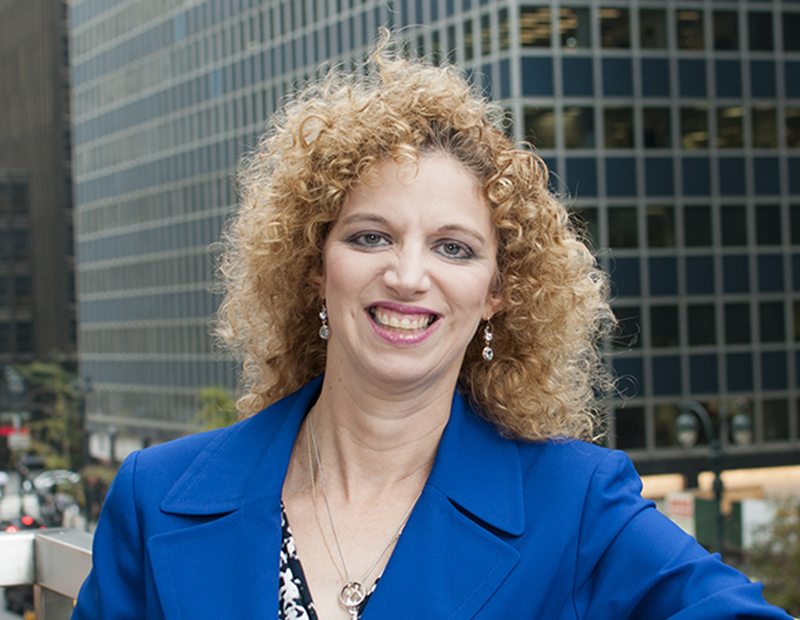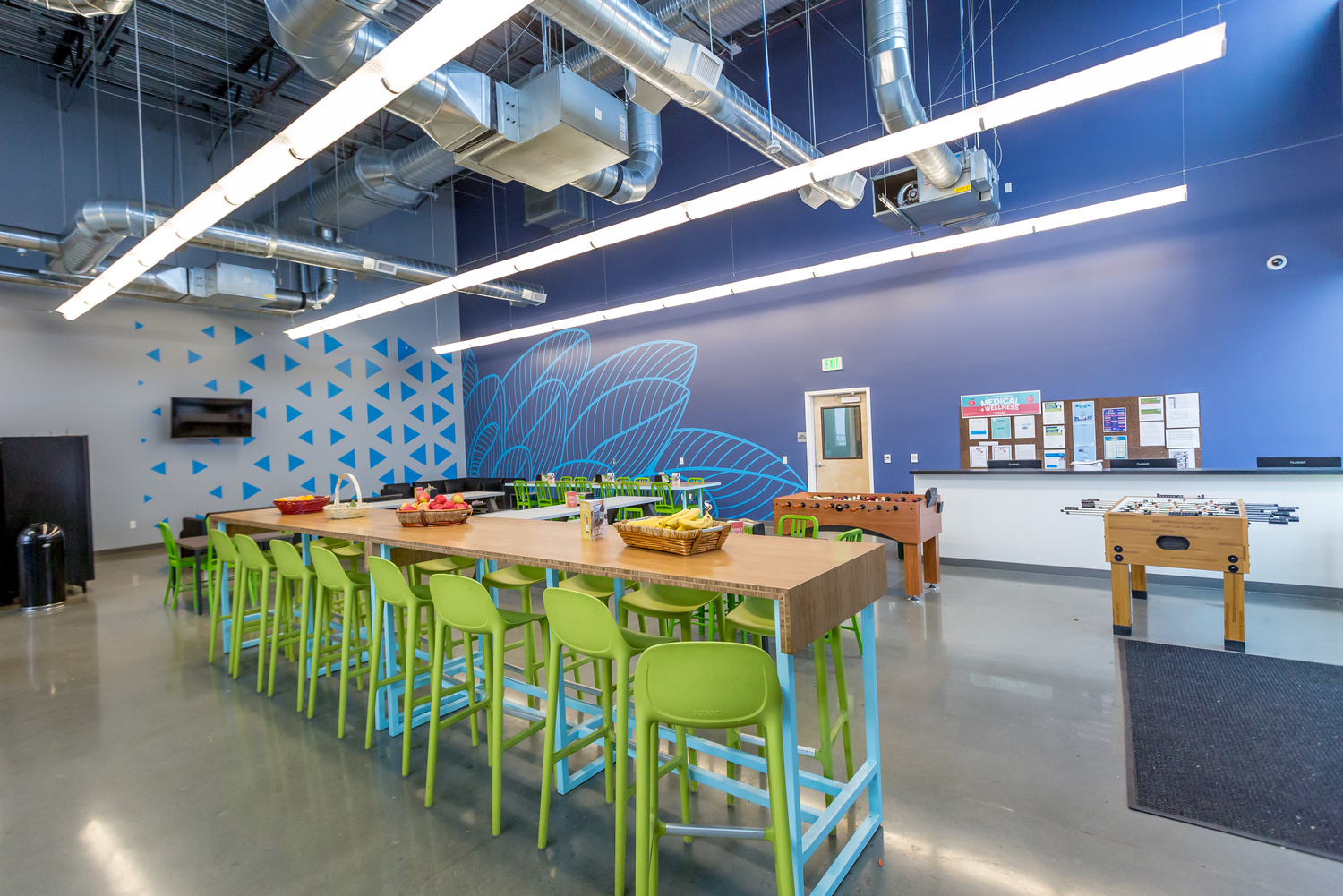Q&A with Alexander Cohen, Liberty SBF
The top executive discusses the benefits of the SBA 504 Refinance Program for small-business owners in this tight lending environment.
By Alexandra Pacurar
In June, Liberty SBF announced it received $75 million in its Series B round of funding and expanded its credit facilities with Capital One Bank. This comes a few months after the government approved legislation to permanently reinstate the SBA 504 Refinance Program, which is designed to provide small-business owners with more options to refinance eligible fixed assets, including real estate. Alexander Cohen, founder & CEO of the commercial lending company, talked with CPE about how the company is benefiting from the program through its own SBA 504 Wholesale Program and the newest trends in the real estate lending arena.
CPE: Tell us about Liberty SBF’s SBA 504 Wholesale Program.
Cohen: Through its SBA 504 Wholesale Program, Liberty SBF is partnering with approved banks, non-bank lenders and other SBA loan intermediaries to originate 504 loans across the country and can pay up to four points of premium to its partners. The key points of the program include that SBA 504 Refinance is now available for eligible loans, our referral partners are able to price their own loans, and there is a 90 percent loan-to-value on purchases and refinances (75 percent for cash-out refinances). Also, Liberty SBF will consider deals that fall slightly outside our credit box.
The eligible asset types include hotels, self-storage, daycare centers, assisted-living facilities, warehouse, medical offices, manufacturing and auto dealerships, among others. Liberty SBF also services the loans in its portfolio and is introducing a third-party loan-servicing platform to banks and credit unions.
CPE: Why would a borrower choose Liberty SBF for a loan?
Cohen: Liberty SBF brings more than 50 years of business lending and investment experience, along with a vast network of relationships. Liberty SBF’s ability to source, structure and underwrite complex transactions for our borrowers is among the most reliable and proven in the industry. Liberty SBF works directly with a Certified Development Company to make sure the loan gets SBA approval quickly. We recently closed an SBA 504 purchase for a small-business owner in California in 33 days.
CPE: How can SBA loans help small businesses?
Cohen: A key feature of an SBA 504 loan is the borrower can put as little as 10 percent down toward the purchase of a commercial property, fixed equipment and allowable soft costs, allowing a borrower to allocate more money toward working capital. Most conventional loans require 25 percent or more out of the borrower’s pocket as a down payment.
In a typical conventional mortgage scenario, a borrower purchasing a commercial property for $2 million would have to put down $500,000 of their own funds. If the property meets the SBA 504 loan program requirements, the borrower will only be required to bring $200,000 to the closing table, leaving $300,000 for the borrower to use on other expenses.
An SBA 504 loan is structured in three parts to cover 100 percent of the acquisition cost: the 50 percent LTV loan provided by an SBA-approved bank or a non-bank lender; the 40 percent LTV second-lien loan provided by a CDC (known as the SBA debenture, which is guaranteed by the federal government); and the 10 percent down payment by the borrower.
CPE: What are most borrowers using SBA loans for, buying new CRE properties or redeveloping the assets they already own?
Cohen: For most of its history, the SBA 504 loan was only used for commercial property acquisitions. Since June 2016, the SBA began taking applications for the SBA 504 Refinance Program, allowing a small-business owner to refinance a conventional mortgage. It’s too soon to know the actual comparable numbers.
CPE: What are some recent trends you’re seeing in the lending environment?
Cohen: Well, we have certainly seen a rise in ballooning CMBS loans. These loans originated in 2005-2007 with 10-year terms, and a “wall of maturities” (a term coined by Trepp, the New York-based research company, in a report on this trend) began last year and will last until at least 2017. Many of those CMBS loans and other ballooning debt maturing over the next few years will find a home in the conduit-lending marketplace, but many may require a bridge loan—financing that bridges the gap between loans.
There are many reasons why a property owner might not have the ability to refinance into a permanent loan and would want to seek out a bridge loan. Working with brokers, bankers and other intermediaries, our company provides much needed liquidity to the wave of maturing mortgage borrowers through our bridge lending platform for commercial property investors and 90 percent LTV loan for owner-occupied commercial properties (SBA 504). We actually just announced the achievement of closing a $1.6 million bridge loan in just nine days for Centre Properties in Indianapolis.
CMBS borrowers should also think about SBA 504, as CMBS loans are eligible for SBA 504 Refinance. Why? According to Trepp, over $145 billion in CMBS will mature over the next 12 months and more than $56 billion in CMBS fits the size eligibility of SBA 504. Also, based on SBA 504-eligible property types (hotel/self-storage) and loan size ( less than $15 million), almost $12 billion (20 percent) are eligible for SBA 504 Refinance, and that number could be even higher.
Image courtesy of Liberty SBF








You must be logged in to post a comment.